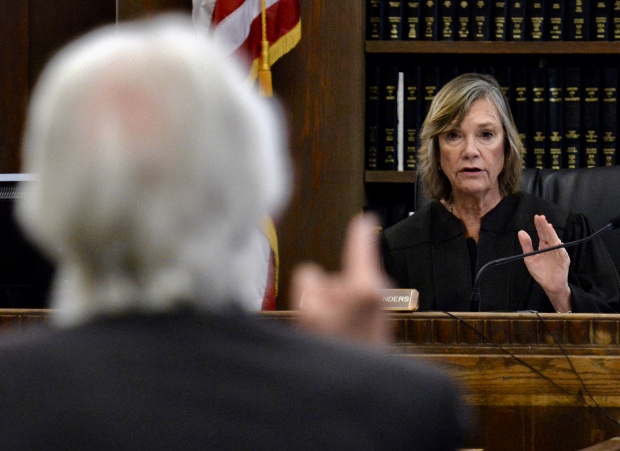
Tellini v Grewal and Bell Alliance 2021 BCS549 discussed the standard of care upon a lawyer who for negligence.
The law is clear with respect to the standard of care required :
A leading case is Central Trust Co. v. Rafuse, [1986] 2 S.C.R. 147 at paras. 58 and 59 [Central Trust]:
1. A solicitor is required to bring reasonable care, skill and knowledge to the performance of the professional service which he has undertaken. See Hett v. Pun Pong (1890), 18 S.C.R. 290 at 292 (S.C.C.). The requisite standard of care has been variously referred to as that of the reasonably competent solicitor ( lawyer), the ordinary competent solicitor and the ordinary prudent solicitor.
2. A solicitor is not required to know all the law applicable to the performance of a particular legal service, in the sense that he must carry it around with him as part of his “working knowledge”, without the need of further research, but he must have a sufficient knowledge of the fundamental issues or principles of law applicable to the particular work he has undertaken to enable him to perceive the need to ascertain the law on relevant points.
3. “An attorney is expected to possess knowledge of those plain and elementary principles of law which are commonly known by well informed attorneys, and to discover those additional rules of law which, although not commonly known, may readily be found by standard research techniques.
The law with respect to the standard of care required of lawyers was discussed in in Newton v. Marzban, 2008 BCSC 328 at paras. 605-609 [Newton].
At para. 605 she referred to Millican v. Tiffin Holdings Ltd. (1964), 49 D.L.R. (2d) 216 at 219 (Atla. T.D.), aff’d [1967] S.C.R 183 for this list of a lawyer’s obligations:
(1) To be skilful and careful.
(2) To advise his client on all matters relevant to his retainer, so far as may be reasonably necessary.
(3) To protect the interests of his client.
(4) To carry out his instructions by all proper means.
(5) To consult with his client on all questions of doubt which do not fall within the express or implied discretion left to him.
(6) To keep his client informed to such an extent as may be reasonably necessary, according to the same criteria.
Millican referred at paras. 607 and 608 to the lawyer’s duty to inform a client of all relevant matters, and to warn of risks that accompany a proposed course of action, relying on Girardet v. Crease & Co. (1987), 11 B.C.L.R. (2d) 361 (S.C.)




